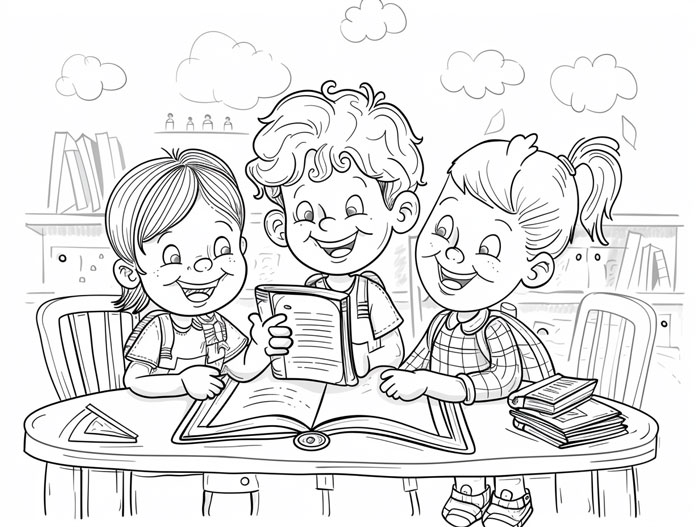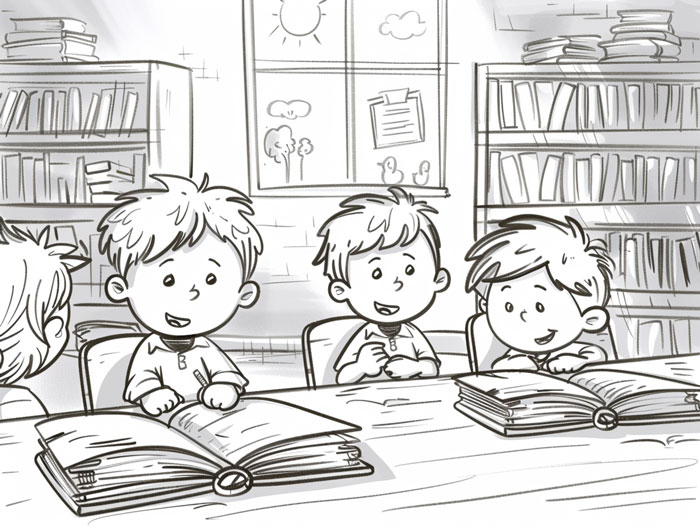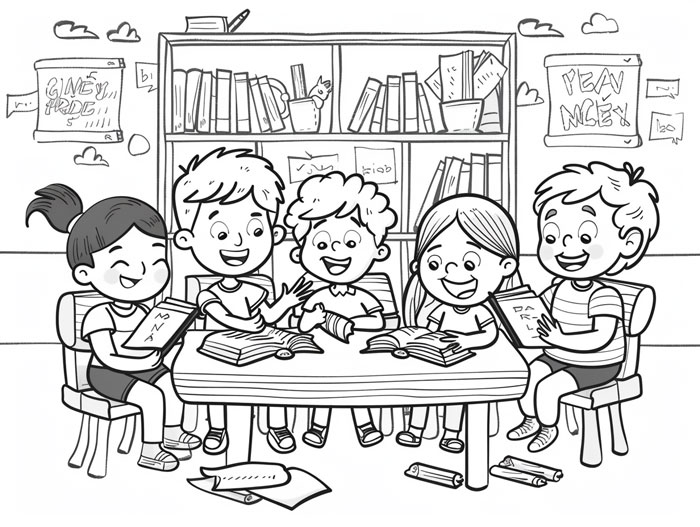Have you ever wondered what an example sentence with “water” looks like? Water, a clear, odorless, tasteless liquid essential for all forms of life, is one of the most vital resources on our planet.
In a sentence, “water” can be used to depict various scenarios, from describing the refreshing taste of a cool glass on a hot day to discussing the importance of conservation and the sustainability of this precious resource. Let’s explore the diverse ways this simple word can be incorporated into sentences in different contexts.
7 Examples Of Water Used In a Sentence For Kids
- Water is important for our bodies to stay healthy.
- We can use water to wash our hands before eating.
- Plants need water to grow big and strong.
- We should drink lots of water to stay hydrated.
- Water helps us stay cool on hot days.
- We can swim and play in water at the pool.
- Let’s remember to conserve water by turning off the tap when we brush our teeth.

14 Sentences with Water Examples
- Water is essential for staying hydrated during long study sessions.
- Make sure to carry a bottle of water with you to stay refreshed throughout the day.
- It’s important to drink plenty of water to stay focused during lectures.
- Studying in a library with a refillable water bottle can help you concentrate better.
- Keeping a glass of water next to your study desk can remind you to take regular sips.
- Water is a healthier choice than sugary drinks while preparing for exams.
- Don’t forget to drink a glass of water before heading to a morning lecture.
- Having a reusable water bottle can save you money and reduce plastic waste on campus.
- Water breaks between study sessions can help you feel refreshed and rejuvenated.
- Avoid caffeine overdose by alternating cups of coffee with glasses of water.
- Staying well-hydrated with water can improve your cognitive function and memory.
- Experiment with infusing your water with fruits like lemon or cucumber for added flavor.
- Engage in outdoor sports activities to stay fit and remember to carry a bottle of water with you.
- A hot day on campus calls for frequent breaks and plenty of water to keep cool and hydrated.

How To Use Water in Sentences?
Water is essential for life. It is a substance that is necessary for the survival of all living organisms, including humans, animals, and plants.
To use the word Water in a sentence, first, identify the subject or object that you want to refer to. For example, “I need to water the plants in the garden” or “Please bring me a glass of water.” In these sentences, water is used as a verb in the first sentence and a noun in the second sentence.
Remember that Water can have different meanings based on how it is used in a sentence. It can refer to the liquid that we drink, the act of providing plants with liquid, or even bodies of water like oceans, rivers, or lakes.

When constructing a sentence with the word Water, pay attention to the context to ensure that the meaning is clear. Practice using the word in different sentences to become more comfortable with its usage.
In conclusion, understanding how to use the word Water correctly is important for effective communication. By practicing and paying attention to context, you can improve your skills in using this essential word in various sentences.
Conclusion
In conclusion, the examples provided showcase the versatility of sentences using the keyword “water.” From describing the calming effects of water on a person’s mind to the importance of conserving water for environmental sustainability, each sentence highlights different aspects of this essential element. Whether it is in the form of a metaphor or a call to action, the word “water” evokes a range of emotions and ideas.
Through these varied sentences, it becomes clear that water holds great significance in our lives, both in its physical presence and symbolic meanings. It serves as a reminder of the tranquility it can bring as well as the responsibility we have to protect this precious resource. Ultimately, the different contexts in which the word “water” is used demonstrate its depth of meaning and importance in our daily lives.



